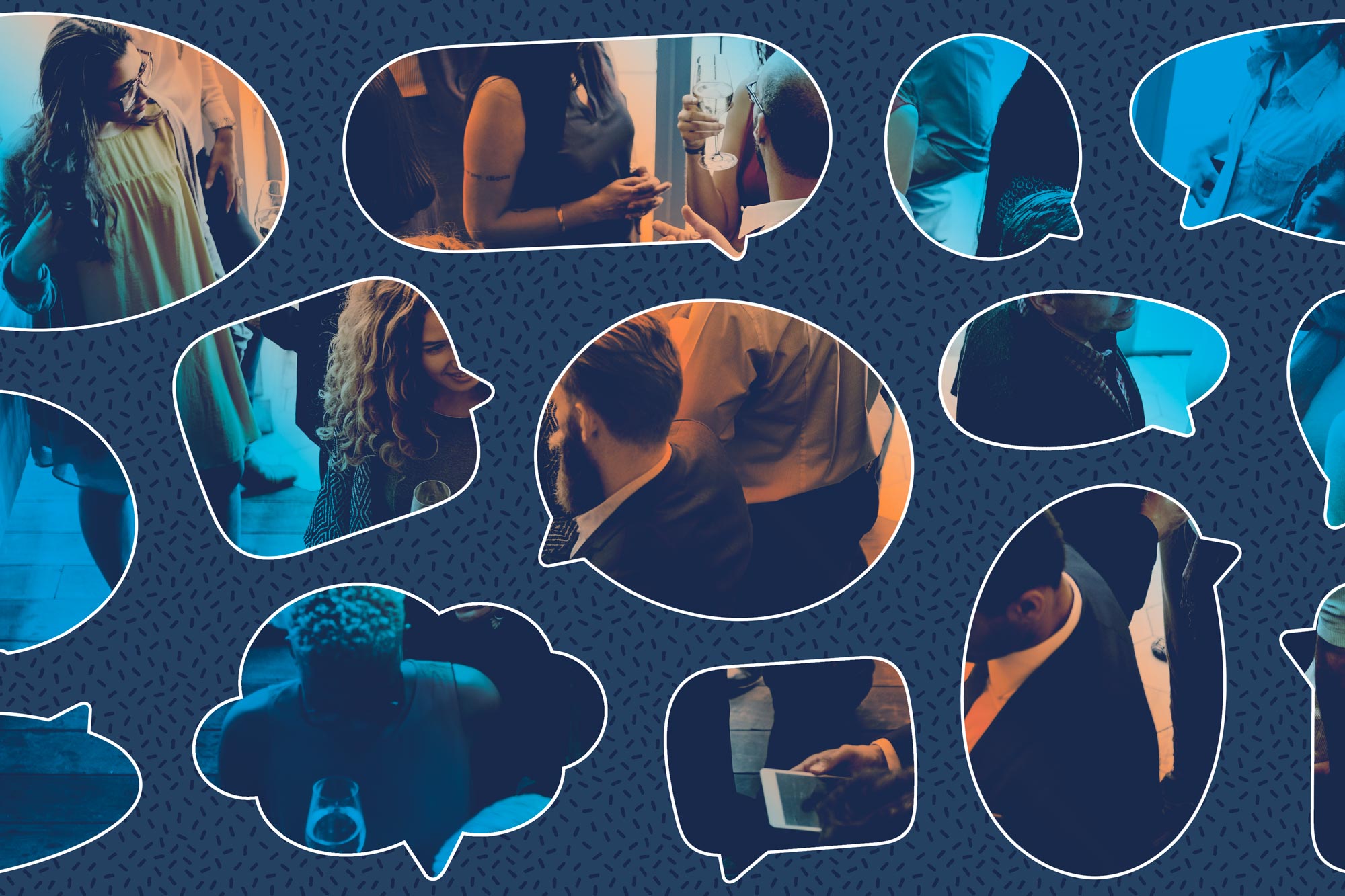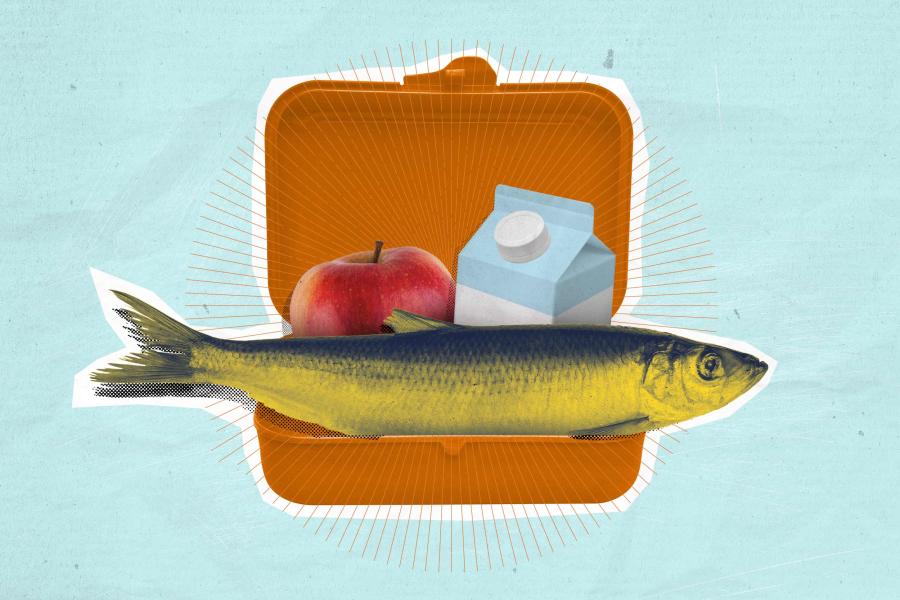Adrienne Wood has a very interesting vocation. The University of Virginia assistant professor runs the Emotion and Behavior Lab in the Department of Psychology and studies laughter and human conversation.
What better person to turn to for tips on how to handle small talk during holiday parties?
Breaking the ice can be painful, but she says it doesn’t have to be. If you follow her simple advice, you will find yourself liberated from many of societies’ perceived misconceptions about party faux pas heading into the homestretch of party season: New Year’s Eve.
No One Is Analyzing Your Conversation Skills the Way You Might Be
Some people are prone to mild anxiety and can overanalyze situations. Wood stresses if you are that person, just remember, most other people are not giving a second thought to a five-minute exchange they had with a relative stranger at a spouse’s office year-end fete the night before.
And in the moment of that brief exchange, you are actually doing your conversation partner a favor.
“Research suggests that we all think that people don’t want to hear what we have to say. That’s actually not true,” Wood said. “Other people like listening to you. You’re probably more interesting than you think, and people enjoy listening to you talk because when you’re talking, you’re relieving them of the burden of having to talk for a little bit.”
People Actually Enjoy Small Talk with Strangers
Surprising, right?
Wood posed a hypothetical. “If I asked you to talk with a stranger on the subway, you would probably say, ‘That sounds like my worst nightmare,’” she said. But here again, studies show otherwise.
“If I made you do it, you would actually end up getting a lot out of it,” she said. “On average, you would find it quite enjoyable.”
The trick, Wood said, is to forget your own, self-imposed bias of thinking these types of encounters will be awful. “If you get over that bias, you can overcome your hesitation and go ahead and start talking to people and try to keep going,” she said.
How To Know When Things Are Clicking
Maybe it’s obvious. Maybe not.
“One thing that recent research from my former lab mates at Dartmouth suggests is that a good verbal cue as to how well a conversation with a new social partner is going is how rapid the speech turns are,” she said.
No one is monologuing. Partners are riffing off each other.
“I say a little bit and then you say a little bit and then I say a little bit and our bits are building directly off each other,” she said. “It’s a good sign that things are going well.”
The ‘Yes, And’ Approach
Wood has been taking improv classes and elaborated on one technique that is commonly used to build a skit called the “yes, and” approach.

Simply put, it’s a way a conversation partner can respond. An example could be the first person says they hate dog parks. The conversant, who disagrees, can reply with an affirmation, “Yes, I see,” signaling that they understand what they heard, and then offer their perspective, the “but.”
“I would try to discover other ways in which that person enriches their dog’s life,” Wood suggested.
Does this person like to go for hikes with their dog? The goal is to keep the brief interaction “moving forward as opposed to getting completely halted by the fact that you have this disagreement,” Wood said.
Exposure Therapy
“A lot of these social interactions are not as consequential as you may have thought,” Wood assured. “Having an awkward moment … it doesn't actually lead to the end of the world very often. It’s kind of a form of exposure therapy, just letting yourself sit with awkwardness and take the risk. If you take those risks and realize that nothing drastically bad happened, then you’ve counter-conditioned yourself in a small way,” Wood said.
So, enjoy that canape and go into that party knowing you’ve got this and you might actually enjoy it. And that it will be brief.
Media Contact
University News Senior Associate Office of University Communications
jak4g@virginia.edu (434) 243-9935
Article Information
May 4, 2024






